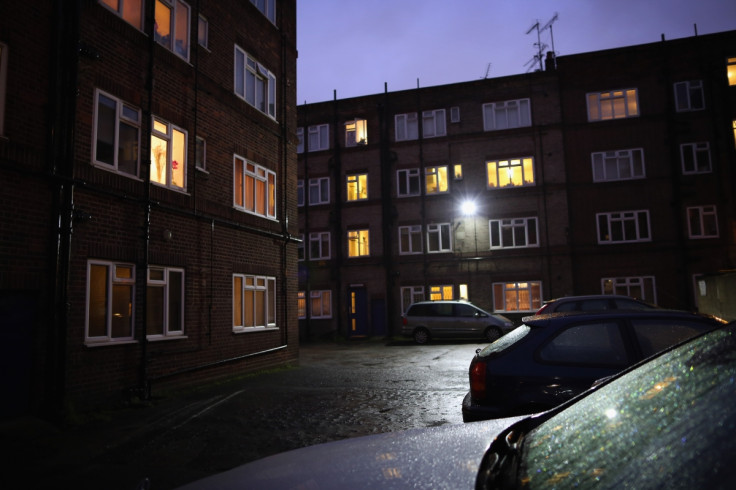UK housing: Councils handed £5m for war on cowboy landlords

Local councils are getting an extra £5m ($7m) from central government to fight rogue landlords operating in their areas. The pot of money will be split between the 48 councils that successfully applied for funding to aid investigations, raids and prosecutions of those landlords breaking the laws protecting their tenants, such as by overcrowding properties.
"Many private rental tenants are happy with their home and the service they receive, but there are still rogue landlords that exploit vulnerable people and force their tenants to live in overcrowded and squalid accommodation," said Brandon Lewis, the UK government's housing minister.
"We are determined to tackle these rogues which is why we are providing 48 councils with extra funding, so they can get rid of the cowboy operators in their area and bring an end to tenants living in miserable homes in the name of profit. We also want to raise the quality and choice of rental accommodation across the sector. The funding will ensure tenants know what level of service they can expect and have confidence to get help and take action if things go wrong."
Newham Council in London, which runs the city's poorest area, will receive £428,241, the biggest chunk of money. It has made tackling rogue landlords a priority and over a two-year period from 2013 brought prosecutions against almost 500 of them. In one of the most notorious cases, 26 people were found living in a five-bedroom house in East Ham. The landlord's licence only gave permission for seven tenants.
A raft of new measures are being introduced under the Housing and Planning Bill to tackle rogue landlords. These include a database of those convicted, new banning orders for the worst offenders and fines of up to £30,000. One controversial measure called "right to rent" will force landlords to assess the visa status of migrant tenants.
"The private rented sector is growing and, with limited resources and competing funding pressures, councils are working hard to ensure that rogue landlords are dealt with robustly and effectively," said councillor Peter Box, housing spokesman of the Local Government Association (LGA), which represents councils. "However, they are too often being hamstrung by an outdated system. It can take more than a year to prosecute a rogue operator and in many cases paltry fines are handed out to criminal landlords.
"Proposals in the Housing and Planning Bill for banning orders for the worst operators in the private rented sector will help councils tackle this issue, as will the flexibility to issue fines to private landlords as an alternative to prosecutions. We will be working with the government to ensure measures in the bill are properly resourced so councils can make full use of them."
The government said it has now given £11.7m to councils to help in their war against rogue landlords. Since 2011, there has been 40,000 inspections and 3,000 enforcement actions or prosecutions of landlords as a result. There are 4.4 million households in England living in the private rented sector.
Private rents are rising primarily because of a serious shortage of supply in some parts of the country, particularly London and the south east of England. Rents in England and Wales rose at their fastest pace for four years in 2015, according to the buy-to-let index from estate agents Reeds Rains and Your Move. The average rent hit £794 per month after increasing by 3.4% over the year, the highest rate since 2011 when it was 4%.
© Copyright IBTimes 2025. All rights reserved.





















